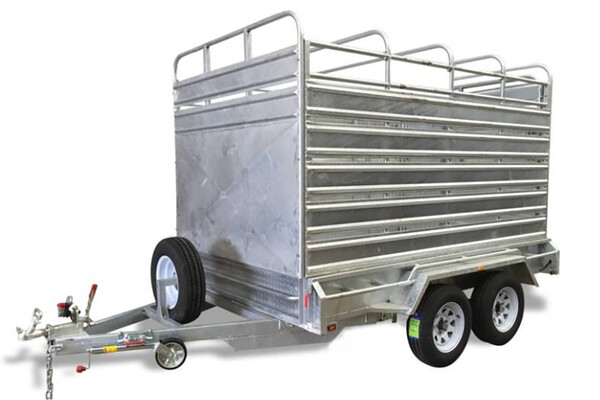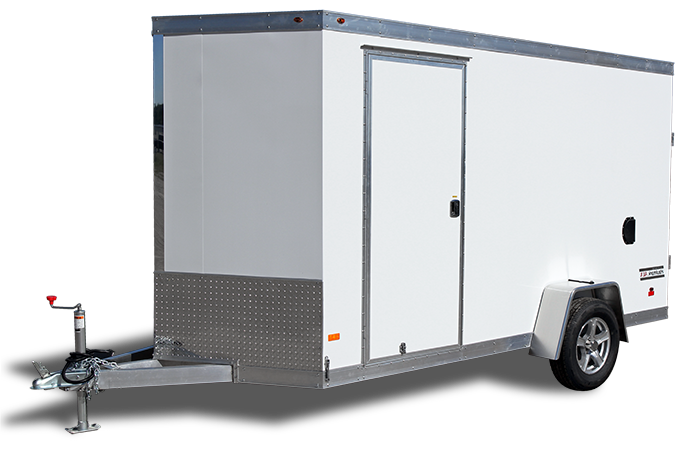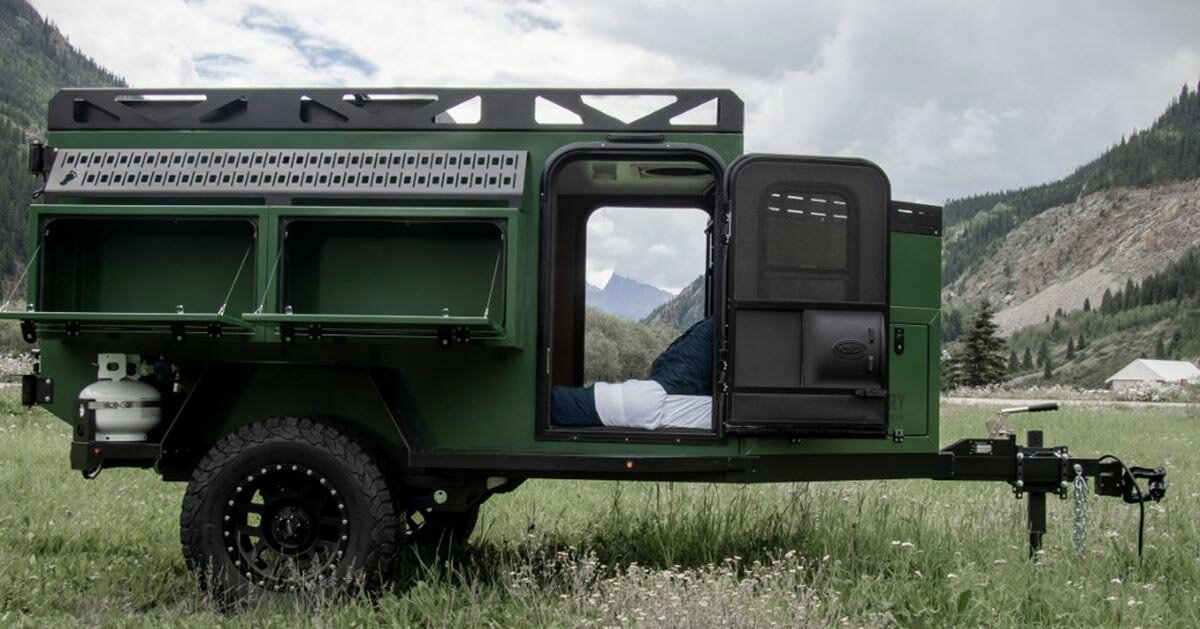Trailer light extension cables are essential for ensuring that the lights on your trailer function correctly, allowing for safe travel on the road. However, like any component of a towing setup, these cables can encounter problems that compromise their functionality. In this article, we will explore common issues associated with trailer light extension cables, how to troubleshoot them, and preventive measures to ensure that your trailer’s lighting system remains reliable.
Understanding Trailer Light Extension Cables

Trailer light extension cables connect the towing vehicle’s electrical system to the lights on the trailer. They typically consist of a series of wires housed in durable insulation to withstand the rigors of the road. Common issues can include poor connectivity, fraying, corrosion, and electrical shorts. Understanding these components can help in identifying and fixing problems more efficiently.
Common Issues with Trailer Light Extension Cables
Before diving into troubleshooting techniques, it’s essential to understand the typical issues that may arise with trailer light extension cables. Here are the most common problems:
- Broken or Frayed Wires: Over time, constant bending and exposure to the elements can cause wires to break or fray.
- Corroded Connectors: Poor connections often result from corrosion at the plug or socket, which can impede electrical flow.
- Faulty Ground Connections: A poor ground connection can lead to flickering lights or non-functioning signals.
- Short Circuits: Exposed wires can cause shorts, leading to blown fuses or malfunctioning lights.
- Improper Wiring Configuration: Incorrectly wired connections can cause lights to operate erratically.
Troubleshooting Steps for Common Issues
Now that we have identified the common problems, let’s delve into effective troubleshooting techniques to resolve these issues.
1. Checking for Broken or Frayed Wires

To inspect for broken or frayed wires:
- Visually examine the entire length of the extension cable for any signs of wear or damage.
- Gently tug on the wires to see if any sections feel loose or disconnected.
- If damage is found, use electrical tape for a temporary fix or replace the section of wire to ensure safety and functionality.
2. Inspecting Connectors for Corrosion
Corroded connectors can severely affect electrical flow. To check:
- Unplug the trailer light extension cable from both the towing vehicle and the trailer.
- Look for any green or white powdery residue, which indicates corrosion.
- Use a wire brush or contact cleaner to clean any corrosion off the connectors.
- Consider applying dielectric grease to prevent future corrosion.
3. Ensuring Proper Ground Connections

A faulty ground can lead to various lighting issues. To troubleshoot:
- Check the ground connection on the trailer’s frame to ensure it is clean, tight, and free from rust.
- Use a multimeter to test the ground; a reading close to zero indicates a good ground connection.
- If necessary, create a new ground connection using a dedicated ground wire to improve the flow of electricity.
4. Identifying Short Circuits

Short circuits can be tricky to diagnose. Follow these steps:
- Inspect the cable for any exposed wires that might be touching each other or the trailer frame.
- Use a multimeter to check for continuity between wires that should not be connected.
- Replace any damaged cables and ensure all connections are insulated properly.
5. Confirming Wiring Configuration

Improper wiring can lead to malfunctioning lights. To verify the configuration:
- Refer to the wiring diagram specific to your trailer and towing vehicle.
- Use a multimeter to check for proper voltage at each connection point.
- If the wiring is incorrect, rewire the connections as per the manufacturer’s specifications.
Preventive Measures to Avoid Future Issues

Taking preventive actions can prolong the life of your trailer light extension cables and minimize the chances of encountering issues. Here are some effective measures:
- Regular Inspections: Periodically check the cables, connectors, and lights for signs of wear and tear.
- Use Quality Products: Invest in high-quality extension cables that are designed for durability and resistance to environmental factors.
- Proper Storage: Store cables in a dry, protected area when not in use to prevent damage.
- Follow Proper Connection Procedures: Always ensure that connections are made securely and correctly to avoid unnecessary strain on the cables.
Case Studies and Statistics
Understanding the impact of poor trailer light performance is crucial. According to a study by the National Highway Traffic Safety Administration (NHTSA), improper trailer lighting contributes to approximately 10% of towing accidents. Inadequate visibility can lead to rear-end collisions or side-swipe incidents, underscoring the importance of maintaining your trailer light system.
Additionally, a survey conducted among towing enthusiasts revealed that over 40% of respondents reported issues with trailer lighting due to faulty cables or poor connections. This statistic emphasizes the need for proactive maintenance and troubleshooting of trailer light extension cables.
Troubleshooting common issues with trailer light extension cables is vital for ensuring the safety and functionality of your towing setup. By understanding the common problems, employing effective troubleshooting techniques, and taking preventive measures, you can significantly reduce the likelihood of encountering issues on the road. Regular inspections, proper storage, and quality products are crucial for maintaining a reliable trailer light system. Remember, a well-functioning trailer light setup not only enhances your safety but also ensures compliance with road regulations, contributing to a safer driving experience for everyone.